Following the separate shootings of two Black Americans by the police in the States of Louisiana and Minnesota, that sparked a retaliatory killing of five police officers by two snipers at a Dallas demonstration, President Barack Obama featured in a town hall broadcast on television network ABC, where he fielded questions bordering on the issues of policing and racial discrimination in the United States.
Before then Obama had reacted to the Louisiana and Minnesota shootings in a statement. “When incidents like this occur, there’s a big chunk of our citizenry that feels as if, because of the color of their skin, they are not being treated the same, and that hurts, and that should trouble all of us,” part of the statement read.
According to an article in The New York Times, Obama issued this statement after arriving in Warsaw for a NATO summit. Based on the timing, it can be deduced that the US president was airborne when the second shooting in Minnesota occurred but quickly upon landing issued the statement to appease a nation in grief.
At the ABC town hall broadcast, a Republican student at the DePaul University, John Minster asked Obama why when commenting on the shootings, he had suggested it to be a case of racial discrimination and not wait for a public investigation into the matter. “Why always look at these situations through the prism of race?” Minster asked.
Advertisement
In his response, Obama said that it was part of his role as president in such occasion to calm the nation and tame frayed nerves. “I’m not suggesting that I always get that fine line perfectly – but if I don’t say anything at a time when people feel hurt, angry, there are protests, there are flare-ups, then I wouldn’t be doing my job,” Obama said.
Now let’s bring this home to Nigeria. When Fulani herdsmen massacred hundreds in Agatu, Benue State, it took President Muhammadu Buhari days to react and when he eventually did it was through his spokesman, Garba Shehu. In a statement devoid of empathy and lacking the power to console a community and nation in grief, all that Buhari could offer the Agatu’s and Nigerians was “deep shock” and an investigation that would “address the root of the problem.” He skipped the part where he was meant to pledge to do everything within his power as the country’s chief security officer to apprehend the killers and bring justice to the Agatu’s.
Weeks later, the Chief of Army Staff, Tukur Buratai, during a visit to Benue State would shadow the president’s behaviour by profiling the massacre as “fighting” between farmers and herdsmen which he alleged was caused by the “existence of criminal elements who engage in cattle rustling.” According to Buratai, “we are adjusting our troops deployment to take care of the flash-points and likely areas where the criminals are hiding.” Again no mention of justice for the massacred Agatu’s.
Advertisement
In tow, the Minister of Interior, Abdulrahman Dambazau recently revealed that his ministry was collaborating with that of Agriculture to set-up a special taskforce to tackle cattle rustling. No talks of how to bring justice to the communities rampaged by herdsmen across the country. So far, every action suggests that the FG indirectly blames farming communities for the Fulani herdsmen’s atrocities and is only interested in appeasing the murderous herdsmen.
Buhari’s deflective response and refusal to be critical of the Fulani herdsmen has emboldened them. After Agatu, there has been numerous such massacres by the herdsmen in communities across the Middle Belt and Southern region. Not only Fulani herdsmen, Buhari’s silence has given room to religious intolerance to thrive up North. The president’s delayed and uninspiring statements in critical times like this, and silence in the face of the excesses of the herdsmen and Muslim extremists is not encouraging coming from one who’s supposed to be our Consoler in Chief.
Lastly, there are instances where the president must address the nation directly and not through spokespersons. For instance, when our unity is threatened by the atrocities of Fulani herdsmen and Muslims killing in the name of Allah, Buhari must speak by himself and not communicate through statements that he knows nothing of their content until they hit the news.
Indeed it can be argued that the president does not signoff many of the statements written on his behalf. This is why he must in times of national grief, address the nation by himself. He must not wait for things to spin out of control and Nigerians resort to self-defence before he knows that he must be prompt in addressing crises that tug at the fabric of our unity as a country. Enough of his disturbing silence at events that threaten our coexistence.
Advertisement
Maduekwe, a politics writer, is editor at Discussing Africa. You can follow him on Twitter @Ojo_Maduekwe
Views expressed by contributors are strictly personal and not of TheCable.
3 comments
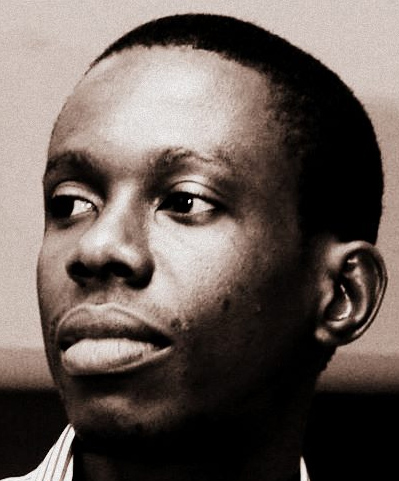
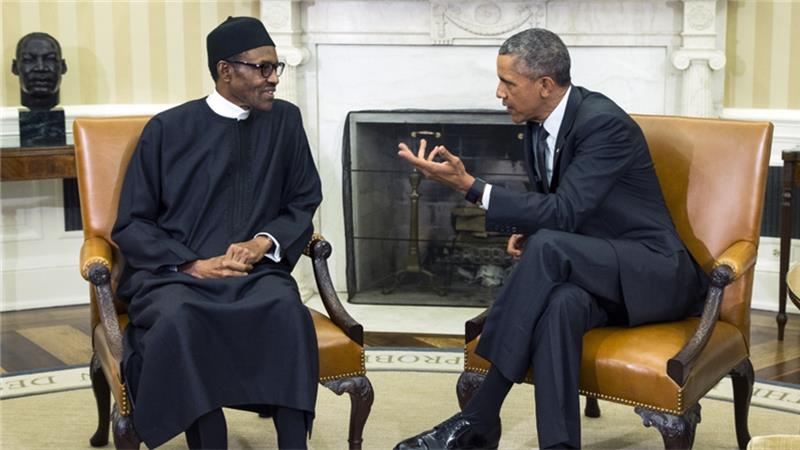
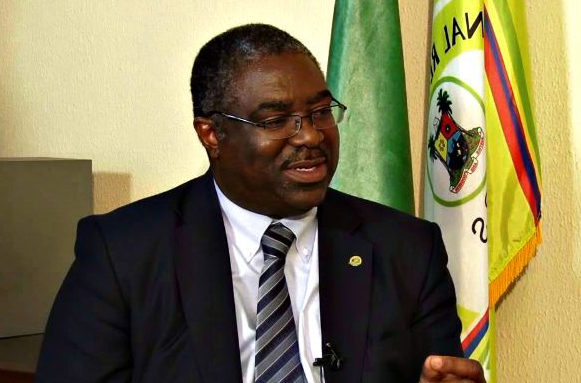
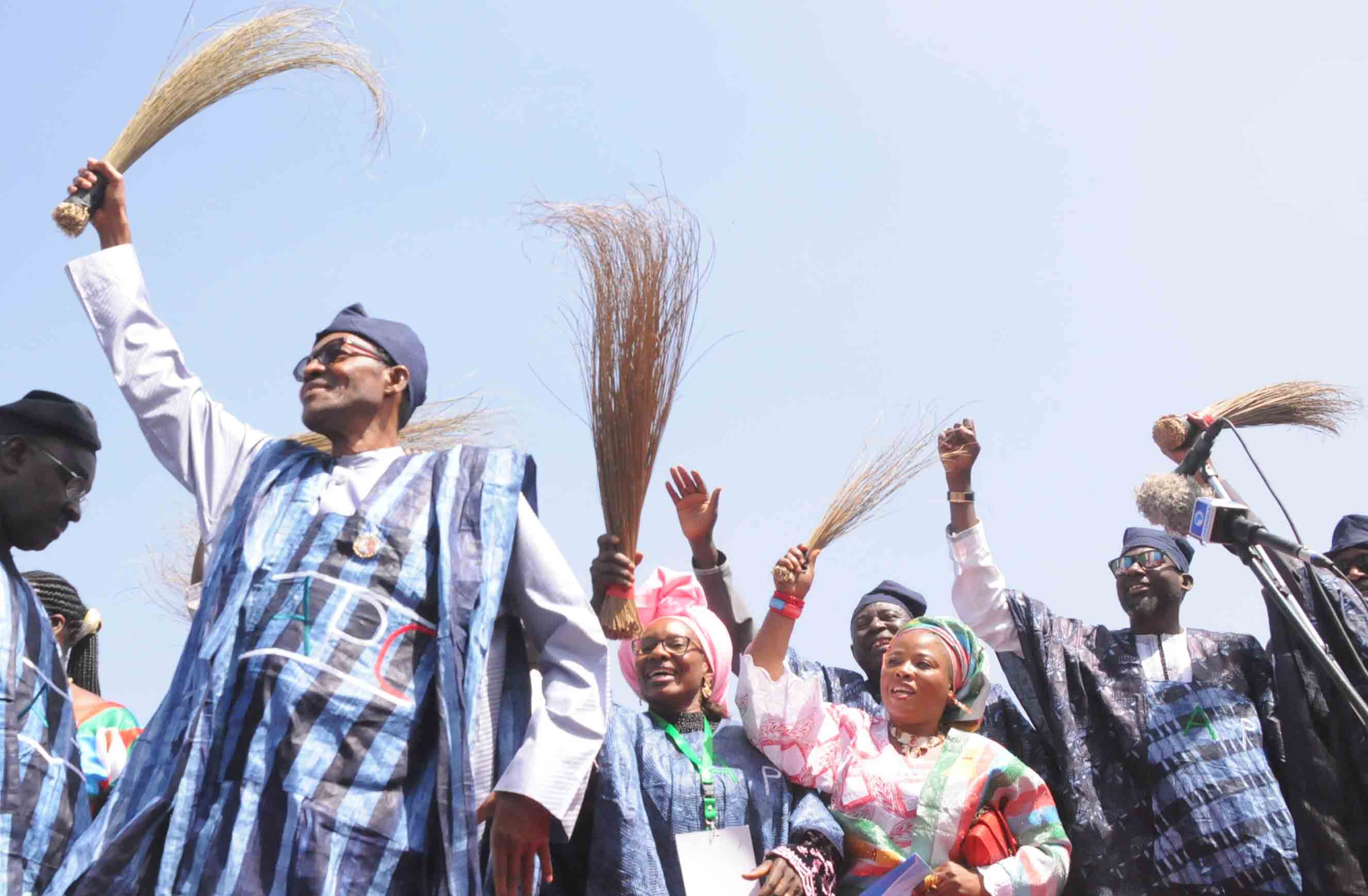

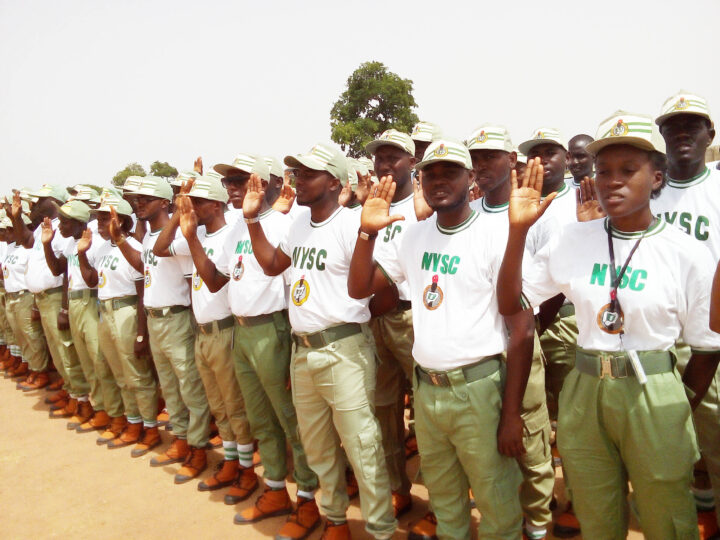

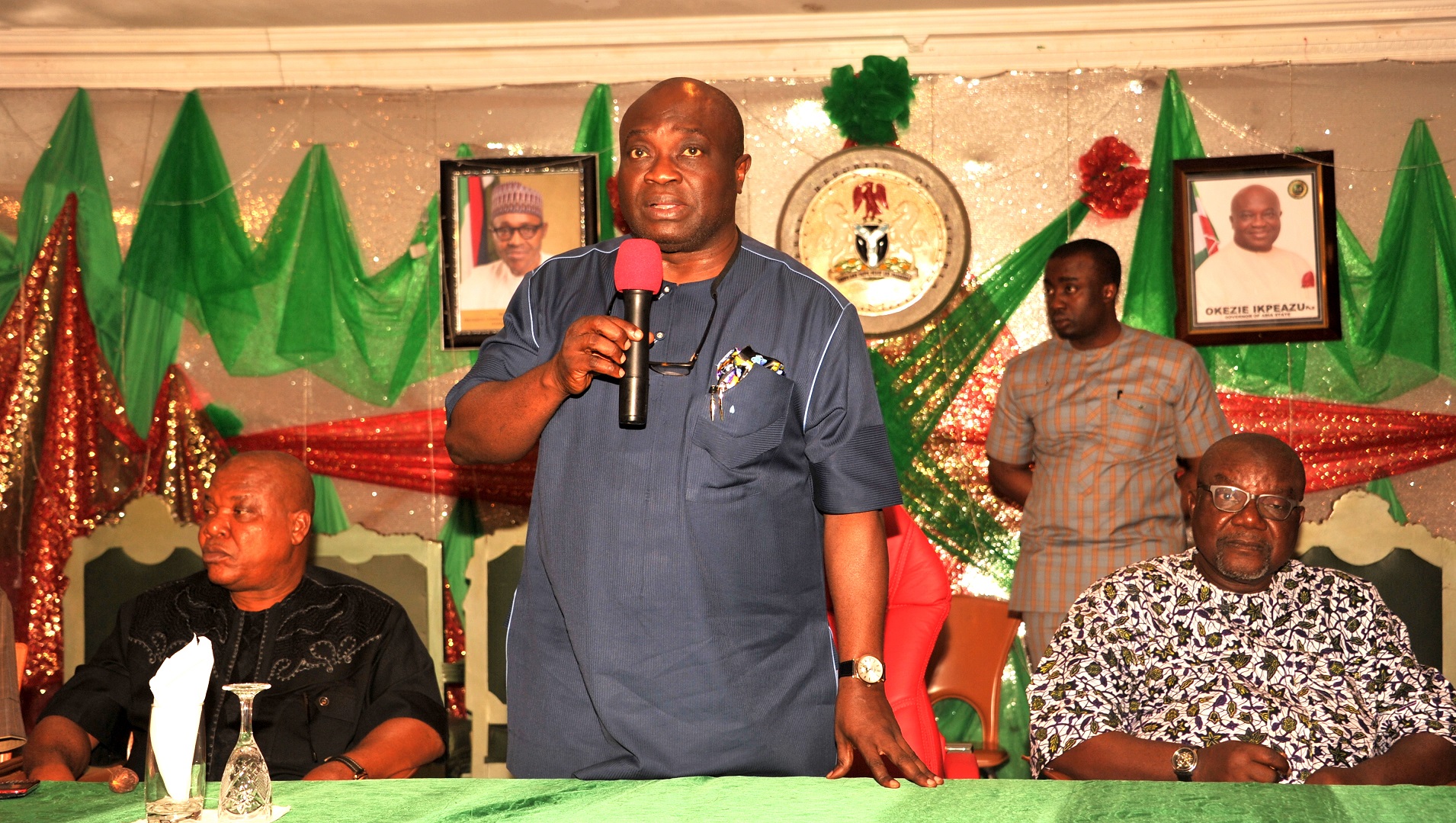
Brilliant article. You forgot to add his silence on the shites massacre in Kaduna, very disgraceful conduct by PMB.
You’re right Martins. Truth is there’s been many sad event that the president has been silent on, too many not to lose count.
Buhari is a terrible man. He does not love all Nigerians. When he lost the first election against Jonathan a lot of people where killed in his name and he did not say anything about it. This time his tribes herdsmen have killed many people and he has not done anything about it. What a terrible hearted human being you have has president.